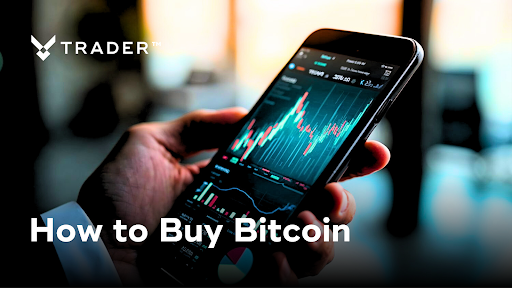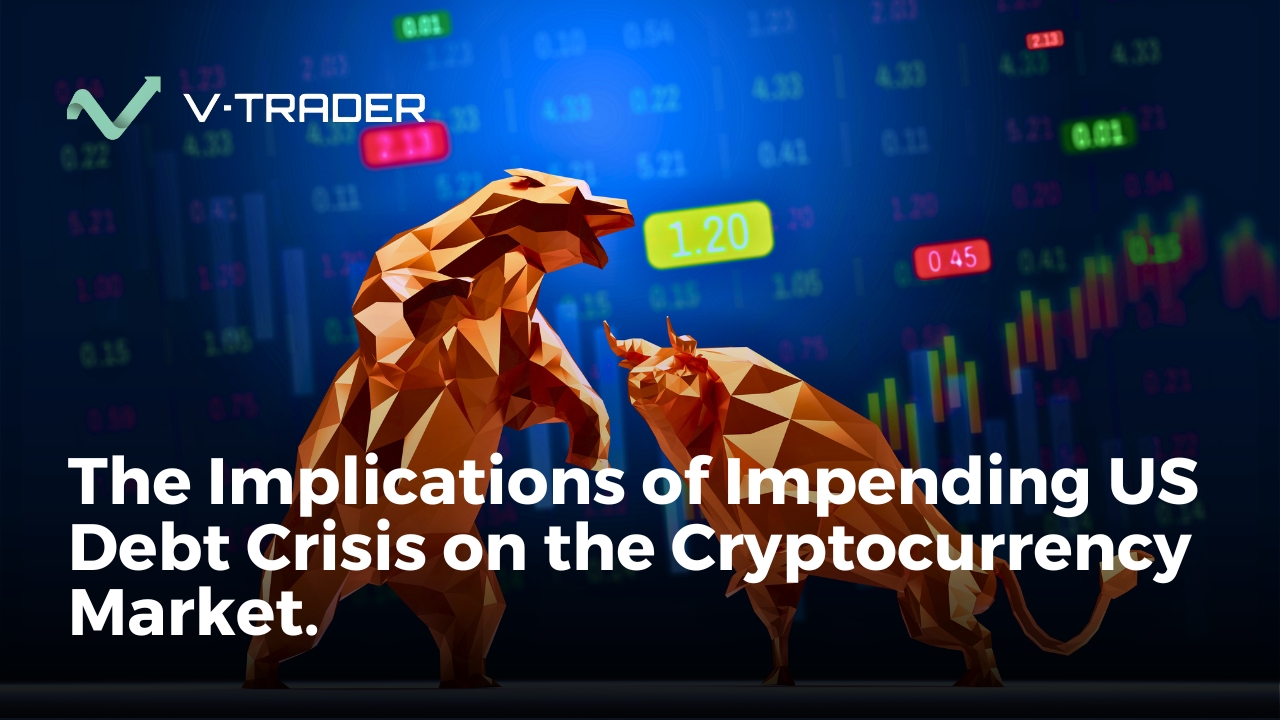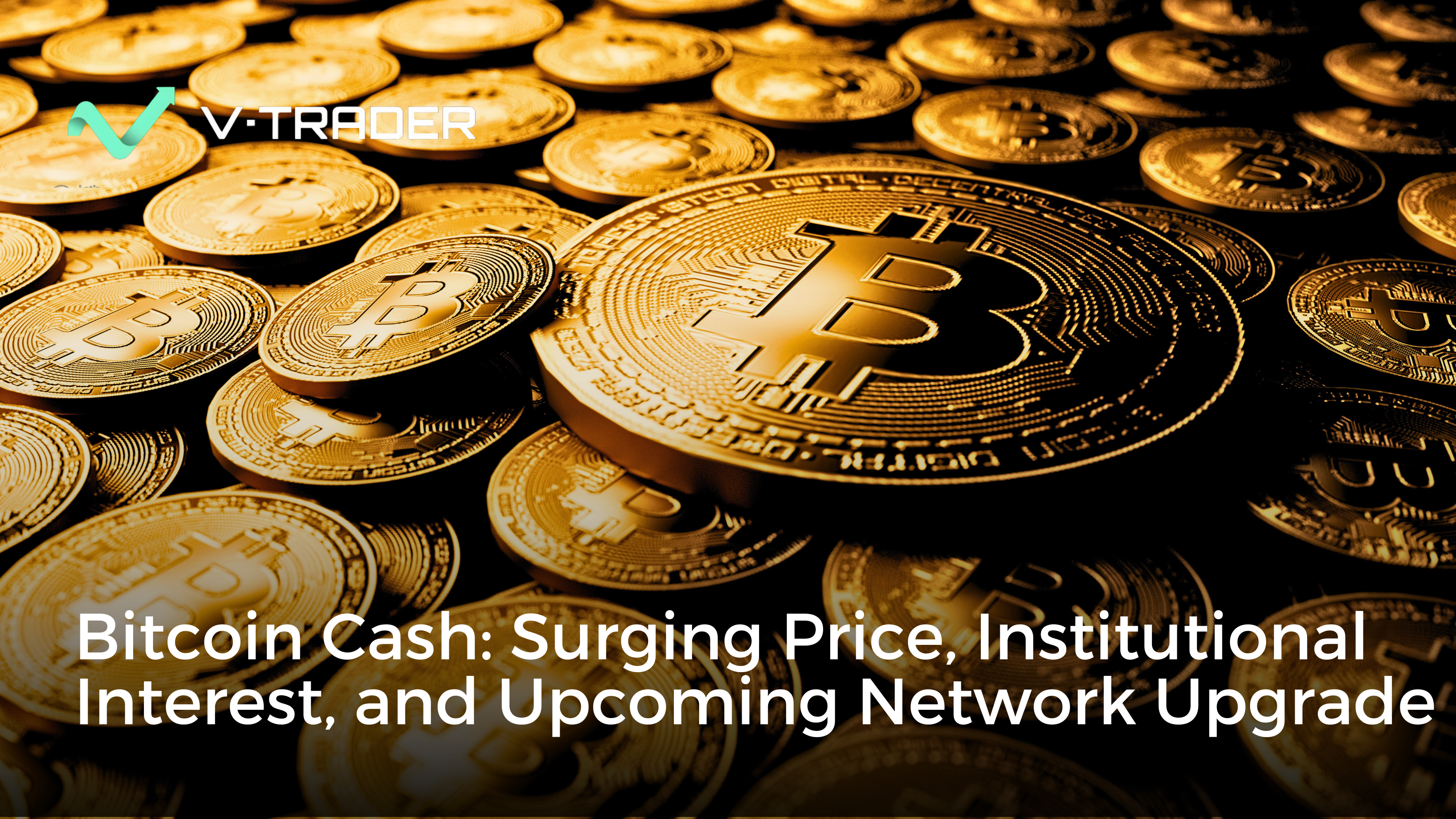This guide is part of the “Guide to Bitcoin” series.
Should You Invest in Bitcoin? A Real Talk Breakdown
Let’s be honest: Bitcoin isn’t exactly new news anymore. But somehow, it still manages to feel like a mystery—one minute it’s being hailed as the future of money, the next it’s crashing 40% and making headlines for all the wrong reasons. So where does that leave you, the curious (but cautious) investor? This post isn’t going to sell you on hype. Instead, we’ll unpack what makes Bitcoin worth considering, what to look out for, and how to think about it like a real adult making real decisions.
The Glorious (and Sometimes Terrifying) History
If you had bought a few bitcoins back in 2010, you’d be sitting on a fortune right now. That’s the kind of line people love to throw around—and while it’s technically true, it’s also the kind of thing that gets folks into trouble. Yes, Bitcoin has had a wild ride. From being worth mere cents to peaking at nearly $65K in 2021, its growth has been eye-watering. That alone is enough to get people paying attention.
But what makes Bitcoin especially intriguing isn’t just price. It’s the fact that there’s a hard cap—only 21 million bitcoins will ever exist. That scarcity makes it feel a bit like digital gold, especially in a world where governments can print new money whenever they feel like it. Add to that the fact that it’s decentralized (read: no one government or bank owns it), and it starts to make sense why people see it as a hedge against the chaos of traditional finance.
Diversification Isn’t Just a Buzzword
Let’s talk strategy. If you’re someone who already has a portfolio—or even if you’re just getting started—Bitcoin can be a smart way to diversify. No, it’s not magic. Yes, it’s risky. But it also behaves differently than stocks or bonds, which can actually work in your favor.
Some folks see it as a “digital safe haven,” especially during economic crises. While that’s still debated, Bitcoin has shown it can sometimes hold its own when other markets tank. Of course, it’s also been known to take a nosedive at exactly the wrong time—so the key here is moderation. We’re not talking about betting the farm. We’re talking about dipping a toe in, being intentional, and thinking long-term.
It’s a Rinse and Repeat Cycle
Bitcoin’s been around a long time and has only just become mainstream. If you’ve followed Bitcoin even a little, you know the drill: sharp rise, painful crash, slow recovery, repeat. But here’s what’s interesting—despite all the turbulence, Bitcoin keeps coming back. Think back to 2023. It was up more than 80%, and even then, it did not reclaim its all time high.
The bounce-backs aren’t just fueled by speculation anymore. There are actual improvements happening to eht infrastructure to ensure that this blockchain stays sound for the long haul. Take the Lightning Network—it’s designed to make transactions faster and cheaper. Or look at countries and institutions that are starting to take regulation seriously. That doesn’t make Bitcoin bulletproof, but it does suggest it’s growing up a bit.
Scarcity Isn’t Just a Buzzword Either
Unlike dollars, euros, or yen, Bitcoin can’t be created on a whim. There’s a hard cap of 21 million coins, and once they’re all mined—that’s it. No bailout, no stimulus, no quantitative easing. Whether you see that as a good thing probably depends on how you feel about inflation.
For people who’ve watched their savings lose value as the cost of living rises, Bitcoin’s scarcity is part of its appeal. It’s not a silver bullet, but it’s a fundamentally different approach to value—and that makes it interesting for long-term thinkers.
No Middlemen. No Funny Business.
If you’ve ever dealt with wire transfers, bank holds, or just the general sludge of legacy finance, Bitcoin’s model might feel like a breath of fresh air. It’s peer-to-peer. No bank. No permission. No “sorry, our systems are down.” Instead, every transaction is verified and stored on a public ledger—visible, trackable, and (in theory) tamper-proof.
And because it’s secured using cryptography, the risks of fraud are lower—though you still need to be smart about storage and security. That brings us to…
So, You Wanna Buy Some?
It’s easier than you think—but also easier to mess up than you think. First, pick a legit exchange (Coinbase, Kraken, Binance—these are the usual suspects). Set up an account, go through verification, and you’re ready to buy.
The big step that most newbies gloss over? Storage. Leaving your coins on an exchange is kind of like leaving cash on the table at a busy bar. Hardware wallets or cold storage are the gold standard here. If that sounds intimidating, it’s not. But it does take five minutes of Googling, and it’s worth every second.
Bonus tip: turn on two-factor authentication. Always.
The Long Haul Mindset
If you’re here to get rich quick, you’re probably going to end up frustrated (or broke). But if you treat Bitcoin like you would any other long-term investment—strategically, patiently, and with a bit of humility—it can be a valuable addition to your portfolio.
Dollar-cost averaging is a smart move: buy a fixed amount on a regular schedule. It takes the pressure off trying to time the market, which—let’s face it—even the pros mess up. Over time, you smooth out the highs and lows and keep your emotions in check.
Final Word
Bitcoin isn’t perfect. It’s volatile, confusing, and definitely not risk-free. But it’s also not going away. Whether you see it as an investment, a technology, or a bet on a different kind of financial future, it’s something worth understanding—even if you decide not to buy in.
Bottom line? Do your homework. Think about your goals. And don’t let Twitter hype or market panic make your decisions for you. Because if there’s one thing we’ve learned, it’s this: Bitcoin doesn’t care if you believe in it—but your wallet might.

Steve Gregory is a lawyer in the United States who specializes in licensing for cryptocurrency companies and products. Steve began his career as an attorney in 2015 but made the switch to working in cryptocurrency full time shortly after joining the original team at Gemini Trust Company, an early cryptocurrency exchange based in New York City. Steve then joined CEX.io and was able to launch their regulated US-based cryptocurrency. Steve then went on to become the CEO at currency.com when he ran for four years and was able to lead currency.com to being fully acquired in 2025.


